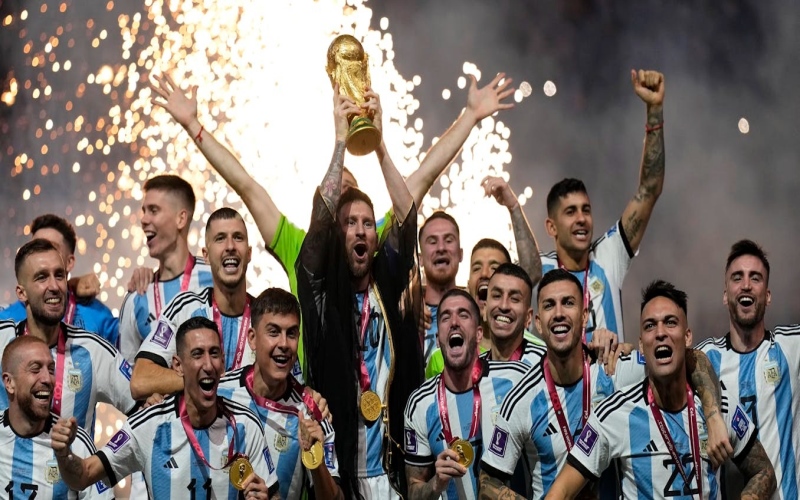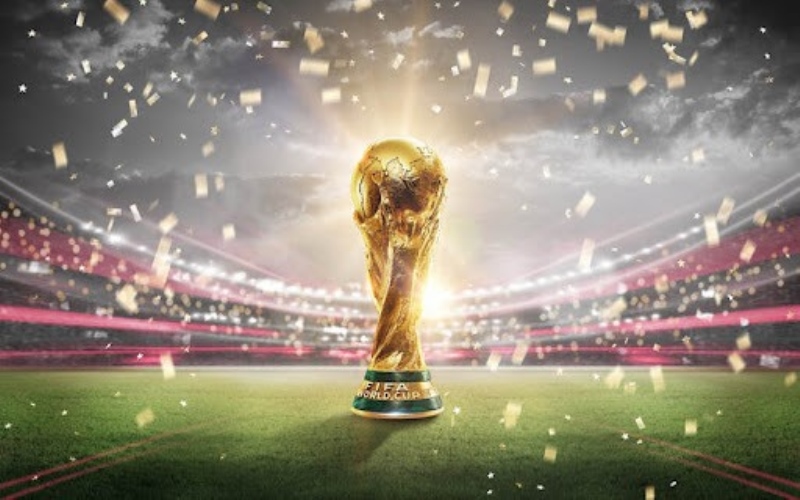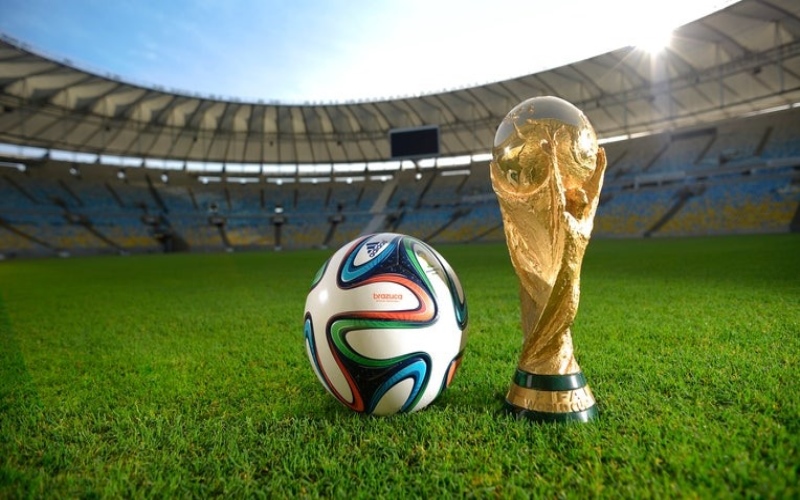The FIFA World Cup is the most prestigious tournament in international football, captivating millions of fans around the world every four years. First held in 1930, it has grown from a modest event into a massive global spectacle that transcends borders, uniting countries through their shared love of the beautiful game.
History and Evolution
The idea of a world championship for football was conceived by Jules Rimet, the president of FIFA (Fédération Internationale de Football Association) in the early 20th century. The inaugural tournament in 1930, hosted in Uruguay, featured 13 teams and was won by the host nation. Since then, the tournament has evolved significantly, expanding both in terms of participants and global reach. Today, the World Cup boasts 32 teams, representing regions from all continents, with future plans to expand to 48 teams by 2026.
Over the years, the World Cup has witnessed countless iconic moments, from Pelé’s rise with Brazil in the 1950s and 60s to Diego Maradona’s “Hand of God” and the stunning “Goal of the Century” in 1986. The competition has also seen dramatic matches, unforgettable upsets, and the emergence of new footballing dynasties. Countries like Brazil, Germany, and Italy have become synonymous with success, while nations such as France, Argentina, and Spain have recently claimed the coveted title.
The Tournament Structure
The tournament is divided into two main phases: the group stage and the knockout stage. Initially, teams are divided into groups, where they compete in round-robin matches. The top two teams from each group advance to the knockout stage, where the competition becomes more intense. The knockout stage consists of single-elimination matches, culminating in the grand final, where the last two teams face off for the ultimate prize.

The World Cup’s format has changed several times over the years, but the fundamental structure has remained the same: it is a celebration of football, where nations compete for national pride and the chance to lift the most coveted trophy in the sport.
Global Impact and Legacy
The FIFA World Cup is not just about football; it’s a cultural phenomenon. For the host nation, the tournament is an opportunity to showcase its culture, history, and hospitality to the world. The economic impact of hosting the World Cup is immense, with significant investment in infrastructure, tourism, and global exposure.
The tournament also plays a key role in promoting the global development of football. Countries with less-established footballing traditions get a chance to compete on the world stage, inspiring the next generation of players and helping to grow the game in all corners of the globe. The World Cup is more than just a sporting event—it’s a celebration of unity, diversity, and the universal language of football.
Iconic Players and Teams
Over the years, the World Cup has produced a host of legendary players. Brazil’s Pelé, often regarded as the greatest player of all time, won three World Cup titles (1958, 1962, and 1970). Argentina’s Diego Maradona was instrumental in his country’s 1986 victory, where his performances—particularly in the quarter-final against England—became etched in footballing folklore.
More recently, the World Cup has seen the rise of contemporary superstars like Cristiano Ronaldo, Lionel Messi, and Kylian Mbappé, whose skill and flair have captivated audiences across the globe. Messi’s victory with Argentina in 2022 was a defining moment of his illustrious career, as he finally lifted the World Cup trophy after years of near-misses.
National teams have also left their mark on the tournament. Brazil’s five World Cup titles (1958, 1962, 1970, 1994, and 2002) make them the most successful team in history. Germany and Italy, each with four titles, are also among the tournament’s elite nations, while France, Argentina, and Spain have claimed the trophy in recent decades, highlighting the global nature of the competition.
Challenges and Controversies
While the World Cup is a source of pride and joy for many, it has also been at the center of controversy. Issues surrounding the selection of host countries, corruption within FIFA, and the treatment of workers in host nations have marred the tournament’s image at times. The 2022 World Cup in Qatar, for instance, faced significant scrutiny over human rights concerns, particularly the treatment of migrant workers involved in constructing stadiums.

Additionally, the environmental impact of such a massive event has led to growing calls for more sustainable practices. However, despite these challenges, the World Cup continues to captivate audiences worldwide, demonstrating football’s power to unite people regardless of the controversies surrounding it.
Looking Ahead
The future of the FIFA World Cup looks bright, with new technologies and innovations such as VAR (Video Assistant Referee) reshaping how the game is officiated. The expansion of the tournament to 48 teams in 2026 will also allow for more nations to participate, increasing the global appeal of the event even further.
As the World Cup evolves, its central message remains the same: it is a celebration of football, a chance for nations to come together, and an opportunity for players to leave a legacy on the world stage. Whether it’s the thrills of the tournament, the unforgettable goals, or the heroes that emerge, the FIFA World Cup will always be the pinnacle of the sport.
